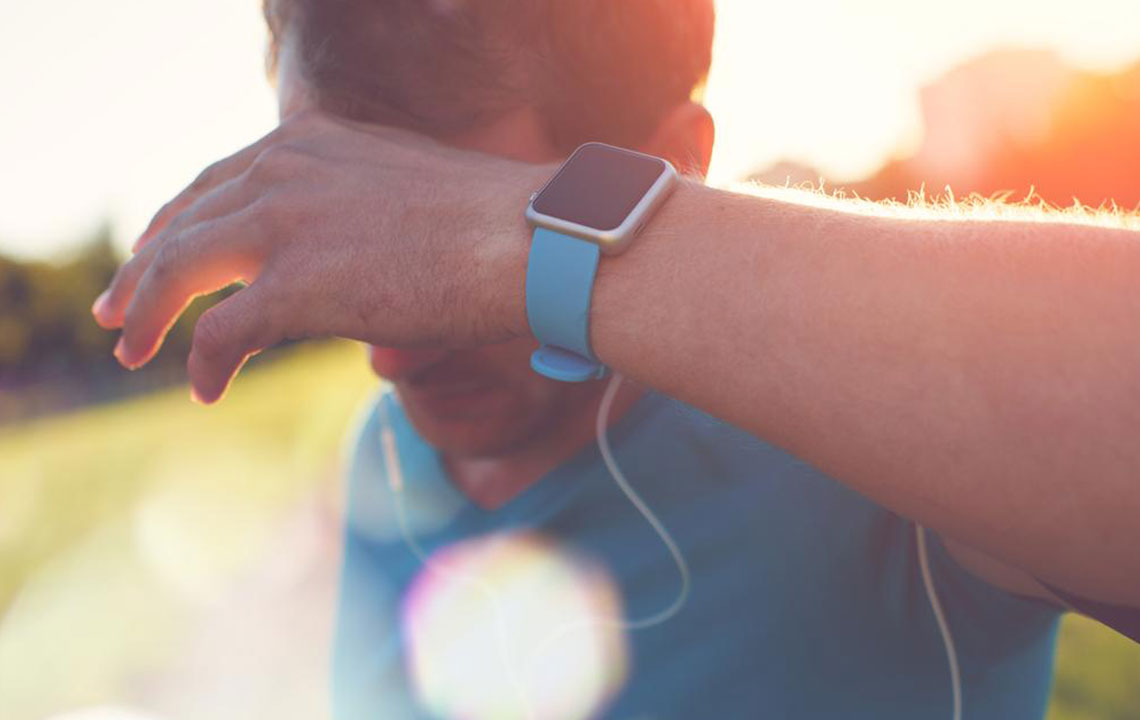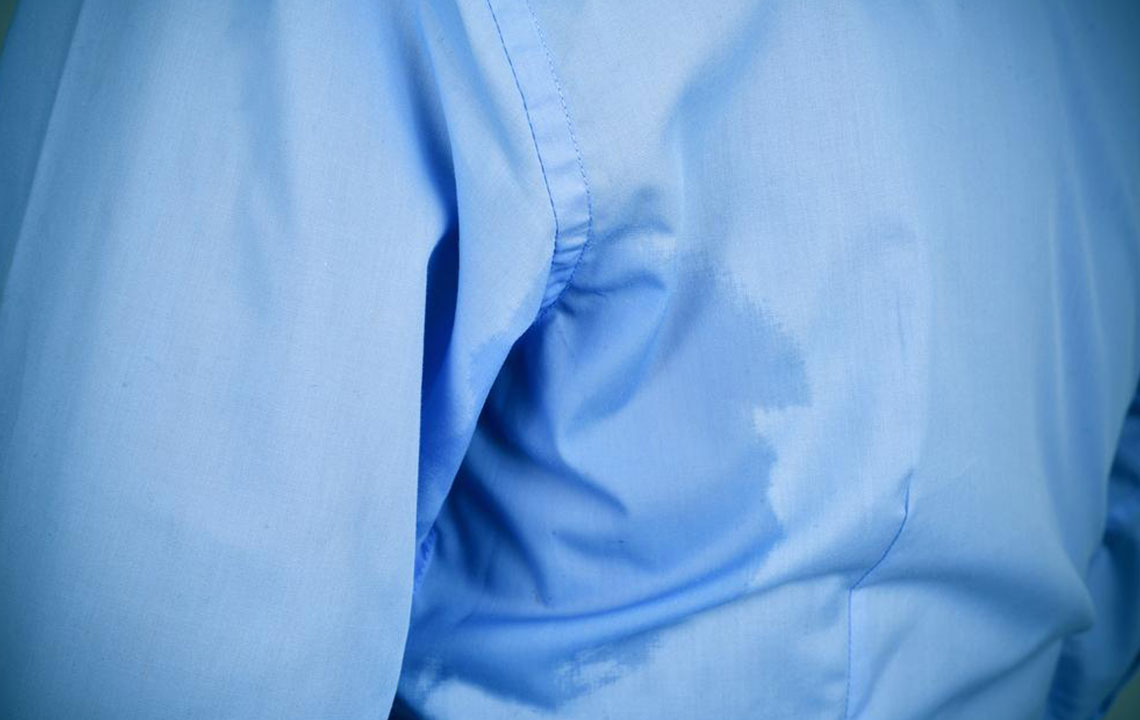Comprehensive Guide to Causes and Effective Treatments for Excessive Sweating
This comprehensive guide explores the various causes of excessive sweating, including hormonal changes, medical conditions, and lifestyle factors. It emphasizes the importance of accurate diagnosis and offers effective treatment options such as medications, lifestyle changes, and medical procedures. Managing hyperhidrosis can dramatically improve quality of life by reducing discomfort and social embarrassment. Whether caused by hormonal imbalances, thyroid issues, or diabetes, understanding the root cause is essential for targeted therapy. This detailed overview aims to help sufferers identify their condition and explore appropriate solutions to regain comfort and confidence.

Understanding Excessive Sweating: Causes, Symptoms, and Solutions
Every individual experiences sweating as a natural, crucial bodily process that helps maintain body temperature and promotes overall health. Typically, sweating occurs in response to physical activity, hot environments, or emotional triggers like stress or anxiety. However, some people face the challenge of excessive sweating, also known as hyperhidrosis, which happens even without obvious reasons. This condition can significantly impact daily life, self-confidence, and comfort, making it essential to understand its underlying causes and explore effective solutions.
Distinguishing Normal from Excessive Sweating
Normal sweating is a physiological response necessary for temperature regulation and detoxification. It usually coincides with physical activity, hot weather, or emotional states. Conversely, excessive sweating involves persistent, uncontrollable perspiration that occurs regardless of external conditions. When sweat suddenly becomes excessive or regular sweating interferes with daily activities, it may signal an underlying health issue requiring medical attention.
Understanding these differences is critical to identifying whether the condition is a temporary response or a sign of a more serious medical concern.
Recognizing the causes of excessive sweating can help in choosing appropriate treatments. These causes range from hormonal fluctuations to chronic medical conditions, each necessitating different management strategies.
Common Causes of Excessive Sweating
Hormonal Changes and Fluctuations
Hormonal shifts are a well-known trigger for increased sweating, especially during periods like menopause and perimenopause in women. During these phases, estrogen levels fluctuate wildly, leading to symptoms such as hot flashes and night sweats. These hormonal changes can dysregulate the body's temperature control mechanisms, causing episodes of intense sweating. Though the exact mechanisms remain under research, hormonal therapies and lifestyle adjustments often help manage these symptoms.
Additionally, hormonal treatments or imbalances, such as those caused by thyroid disorders or endocrine diseases, may also induce excessive sweating, underscoring the importance of hormonal balance for overall health.
Dietary choices and emotional states can also influence sweating patterns. Spicy foods, rich in capsaicin, stimulate nerve responses that lead to sweating. Caffeine, found in coffee and energy drinks, can enhance sweat production by stimulating the central nervous system. Alcohol consumption often results in vasodilation, which can increase body heat and induce sweating. Emotional factors like anxiety, embarrassment, or anger trigger the sympathetic nervous system, prompting sweat responses even in calm settings. Managing diet and emotional well-being can thus play a role in controlling abnormal sweating.
Medical Conditions Known to Cause Excessive Sweating
Primary Hyperhidrosis
In many cases, excessive sweating is idiopathic, meaning it has no identifiable underlying cause. Primary hyperhidrosis typically involves localized sweating in areas like palms, soles, underarms, or face. This condition often begins in adolescence or early adulthood and can be familial. Symptoms include sweating disproportionate to environmental temperature or physical activity, often leading to skin issues such as softness, whitening, or secondary fungal infections like jock itch or athlete's foot.
Living with primary hyperhidrosis can impact social interactions, professional life, and overall confidence. Various treatment options are available, including topical treatments, medications, or even surgical interventions in severe cases.
Overactive Thyroid Gland (Hyperthyroidism)
Thyroid hormones play a crucial role in regulating metabolism, heart rate, and body temperature. When the thyroid gland becomes overactive, a condition known as hyperthyroidism occurs. This results in an excess of thyroid hormones such as thyroxine, which accelerate metabolic processes, leading to symptoms like rapid heartbeat, weight loss, irritability, and excessive sweating. Hyperthyroidism requires medical diagnosis and treatment, often involving antithyroid medications, radioactive iodine therapy, or surgery.
Proper management of hyperthyroidism can significantly reduce symptoms, including problematic sweating, thereby improving quality of life.
Sweating Issues in Diabetes
Diabetes mellitus, especially when poorly controlled, can contribute to abnormal sweating patterns. Diabetics may experience episodes of sweating due to hypoglycemia (low blood sugar) or diabetic autonomic neuropathy, where nerve damage affects sweat gland regulation. Postprandial (after meal) sweating, also known as gustatory sweating, is common among diabetics, often occurring when eating spicy or hot foods. Effective blood sugar management and medical interventions are vital in controlling these symptoms.
In some cases, managing these causes involves medication adjustments, lifestyle changes, and monitoring blood glucose levels diligently.
For those struggling with excessive sweating, various topical products like antiperspirants and deodorants can provide relief. Antiperspirants contain aluminum compounds that temporarily block sweat glands, reducing perspiration in targeted areas. Deodorants, on the other hand, primarily mask odor and contain antibacterial agents like alcohol to reduce bacterial growth that causes odor. In addition to over-the-counter remedies, medical procedures such as Botox injections, iontophoresis, or even surgical options like sympathectomy can be considered for chronic or severe cases. Consulting healthcare professionals for personalized diagnosis and treatment options is essential for effective management of excessive sweating.
Understanding the causes of excessive sweating is the first step toward effective treatment. With advances in medical treatments and lifestyle management strategies, individuals affected by hyperhidrosis can achieve significant relief and regain confidence and comfort in their daily lives.





